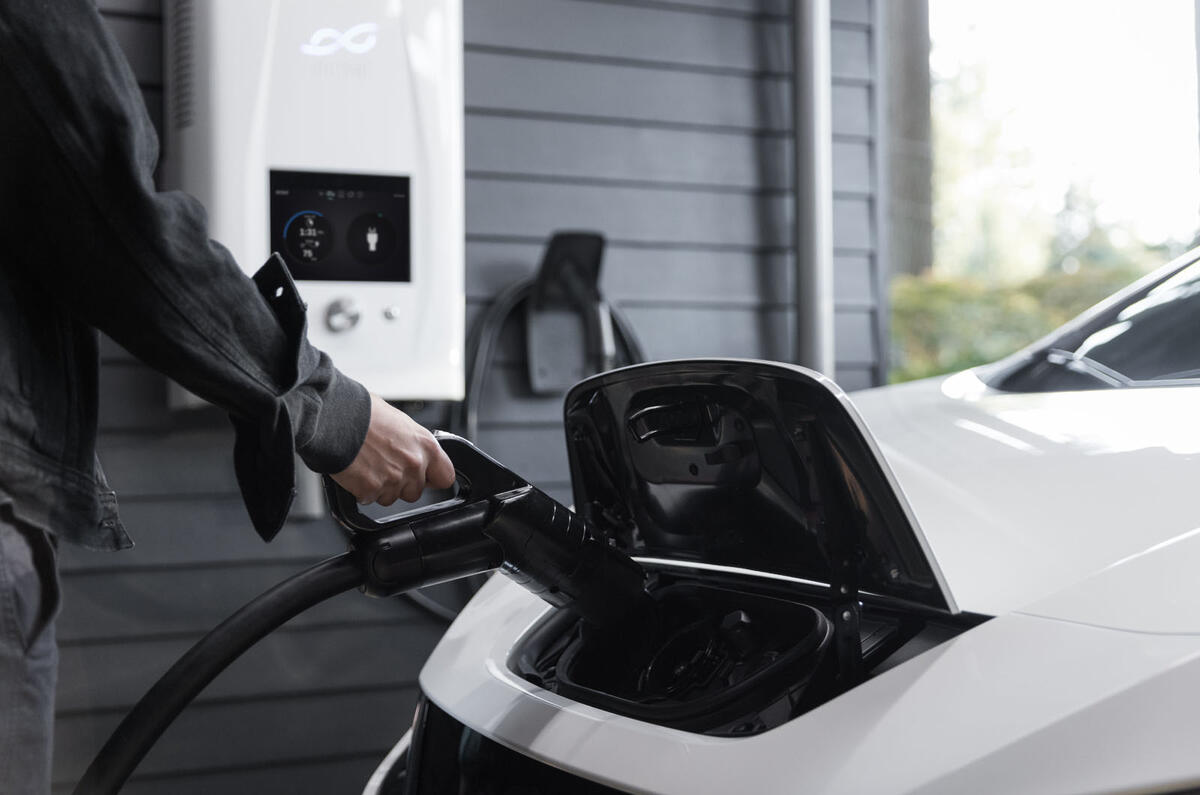Almost four in five cars used by the UK government remain petrol, diesel or hybrid-powered, despite it having previously pledged to “lead by example” and transition to a completely electric fleet by 2027.
Data uncovered by Autocar sibling title What Car? via Freedom of Information requests reveals that just 22% of the cars used by the government are EVs.
Meanwhile, 35% are diesels, another 35% are plug-in hybrids, 6% are petrols and the remaining 2% are regular hybrids.
The rate of electrification differs between government departments. The Driver and Vehicle Licensing Agency (DVLA) said that 88% of its cars were EVs, whereas the Ministry of Justice said they accounted for just 16% of its car fleet.
Having lagged in switching to EVs itself, the government took punitive action against hybrid and PHEV drivers in the recent Spring Statement.
Vehicle excise duty rates for such cars were increased from £10-£30 to £110-£130, depending on their CO2 emissions – an increase of up to 11 times.
“It is completely wrong that the government is not cleaning up its own fleet at the same time that it is penalising ordinary drivers for not going electric by slapping higher taxes on low-emission alternative vehicles,” said What Car? editor Steve Huntingford.
The government that originally laid the plan to go completely electric – including its vans – by 2027 was the previous Conservative administration led by Boris Johnson. Its decision to “lead the way” and demonstrate that EVs were a viable option for fleets was set when Grant Shapps was the transport secretary – three governments, four transport secretaries and four years ago.
"We will lead by example with 25% of the government car fleet ultra low emission by December 2022 and 100% of the government car and van fleet zero emission by 2027," read the Department for Transport paper setting out the policy.
It's unclear whether the current Labour government (and current transport secretary Heidi Alexander) intend to break from the Conservatives’ strategy.
However, it has already reversed its predecessors’ policies in key areas, such as delaying the ban on sales of new hybrid cars by five years to 2035.







Join the debate
Add your comment
Am I missing something or is this article, particularly the sub headline 'Government is not cleaning up its own fleet while it is penalising ordinary drivers for not going electric' entirely disingenuous and misleading?
The split of 22% electric, 35% plug in hybrid, 35% diesel and 8% petrol (I dont believe 'regular hybrid' should be a term and certainly not separated from other purely petrol cars) isnt vastly different from the current sales split, and is likely extremely similar to the general company car sales split. Given the fleet is probably made up of cars up to three years old, the 22% electric far exceeds the sales split of the past 3 years in total.
Also, these cars will all be subject to the same tax brackets as those bought by the general public, so no less (or more) punitive than thise 'ordinary drivers' being 'penalised'
Please do better Autocar.
Is it really a priority though when there's surely more important things to spend the little money that seems to be about these days on.
If they'd gone 100% electric you'd be castigating them for the cost of depreciation of all those vehicles.
Best leave this stuff in What Car I think.
It's no wonder the car industry is in such turmoil.